Denna kurs ges på engelska.
Corruption is often described as one of the greatest ills of society. As a consequence of corruption, people entitled to public services such as health care or sanitation are overcharged or deprived of services altogether, children lose out on (quality) education, competitive companies fail to secure lucrative contracts, and groups lacking the needed contacts or the means to bribe fail to get their voices heard in decision-making. At a national level, corruption may affect the legitimacy of institutions and national stability as well as equality between individuals and groups of citizens.
The module at hand delves into the multifaceted concept of corruption, the challenges of mapping corruption incidence in different contexts and the multiple negative consequences of acts of corruption. Furthermore, the course provides insights into international standards and national legislation aimed at preventing and addressing corruption as well as tools used to discouraging and detecting acts of corruption.
Learning goals:
Having finished the module, students will be able to:
- Discuss definitions and different forms of corruption
- Critically analyze measures of corruption and their usefulness for different purposes
- Discern linkages between corruption and violations of human rights
- Discuss the main international standards linked to the fight against corruption
- Identify tools available in the prevention and detection of corruption.
Teacher and contact:
Teacher: Dr. Pol. Sc. Catharina Groop (catharina.groop@abo.fi)


